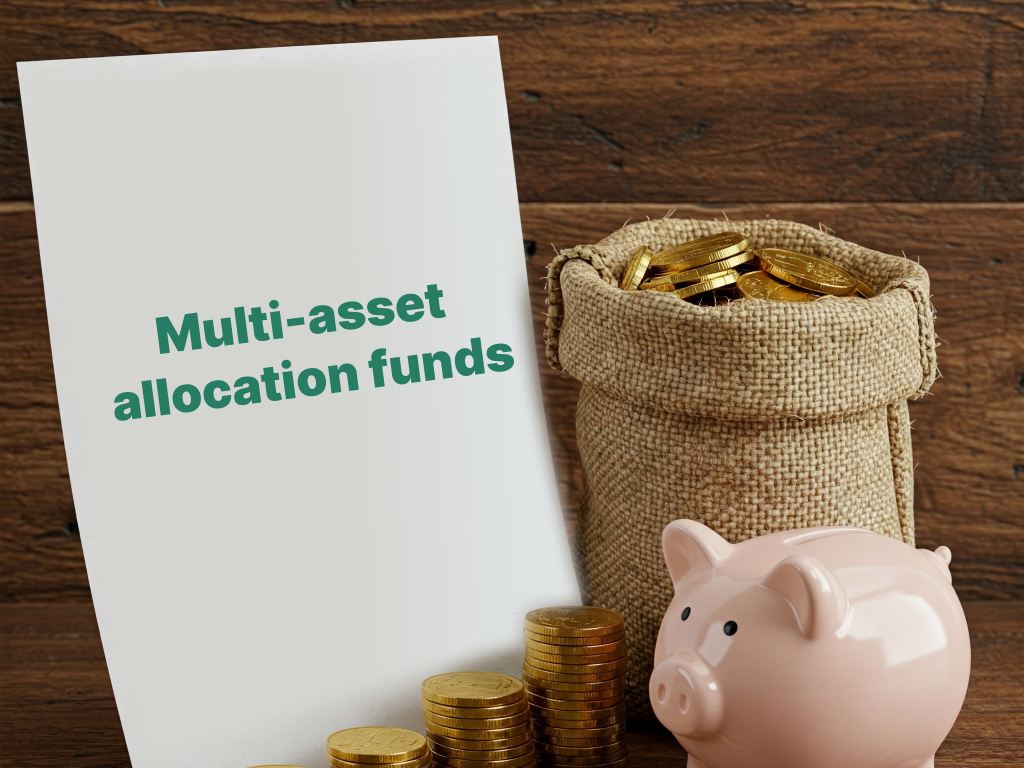Differences between Gold ETF and Gold Fund of Fund (FoF)

What is a Gold ETF?
Gold ETFs are passively managed and aim to generate returns that closely track the domestic price of physical gold. Investors can get exposure to physical gold without dealing with the challenges of physically holding or securing it.
Gold ETFs invest in physical gold, offering investors a modern and convenient way to gain exposure to gold as an asset class. These ETFs allow investors to buy and sell units similar to stocks on a stock exchange, making gold accessible and easy to trade.
What is the Gold Fund of Fund (FoF)?
Even with the Gold FoF, generally performance of the scheme is benchmarked against domestic prices of physical Gold. The scheme may invest in units of the Gold ETF which in turn invests in physical gold. Thus, investment in gold FoF gives you exposure to physical gold of 99.5 % purity and above indirectly via investment in the underlying Gold ETF scheme.
Differences between Gold ETF and Gold FoF
The major difference between a Gold ETF and a Gold FoF is the way capital allocation happens:
1) When you invest in the Gold ETF, your capital gets allocated to physical Gold.
2) When you invest in Gold FoF, your capital gets allocated to the units of Gold ETF which in turn invests in physical Gold.
How are these funds taxed?*
Current Taxation also has no indexation as per the Income-tax Act, 1961
Taxes Effective Apr 1st 2025 with no indexation as per the Income-tax Act, 1961
Which fund to choose?
Here are a few key factors to consider when choosing between a Gold ETF and Gold FoF:
- Demat Account Requirement:
- If you already have a Demat account, a Gold ETF is a more straightforward, cost-effective choice.
- If you don’t have a Demat account and don’t wish to open one, a Gold FoF is a simpler option.
- Cost Consideration:
- Gold ETFs generally have a lower expense ratio compared to FoF, but you need to account for brokerage and Demat charges.
- Gold FoFs may have a higher expense ratio in comparison to ETFs, but you avoid the brokerage charges. Investors will be bearing the recurring expenses of the scheme, in addition to the expenses of the underlying Scheme.
Conclusion
Both Gold ETFs and Gold FoFs allow investors to gain exposure to gold in a convenient way compared to physical gold. Gold ETFs might be ideal for investors who seek lower costs. On the other hand, Gold FoFs provide accessibility to Gold without requiring a Demat account, making them a convenient option. Ultimately, the choice depends on your investment style and financial objectives.
Mutual Fund investments are subject to market risks, read all scheme related documents carefully
* This information is provided for general information only and is based on the prevailing tax laws. However, in view of the individual nature of the implications, each investor is advised to consult his or her own tax advisors.
Please note that this article or document has been prepared on the basis of internal data/ publicly available information and other sources believed to be reliable. The information contained in this article or document is for general purposes only and not a complete disclosure of every material fact. It should not be construed as investment advice to any party in any manner. The article does not warrant the completeness or accuracy of the information and disclaims all liabilities, losses and damages arising out of the use of this information. Readers shall be fully liable/responsible for any decision taken on the basis of this article or document.
Published on 12th Dec 2024




